Identify nocturnal and diurnal animals with an engaging, interactive task card game.
What is a Diurnal Animal? Examples and Definition
A diurnal animal is a creature that is usually awake and active during the day and rests or sleeps at night. These animals have learned to adjust their behavior and body functions to be most energetic and aware during daylight. Things like sunlight, temperature changes, and the actions of other animals in the environment often influence diurnal behavior.
Some examples of diurnal animals include:
- Humans: Most humans are active during the daytime and tend to rest at night since they are diurnal creatures.
- Cheetahs: These large felines are active hunters during the day and are well-known for their incredible speed.
- Butterflies: Lots of different kinds of butterflies are up and about during the daytime.
- Wallabies: Wallabies, like kangaroos, are known to be active during the day and primarily eat grass and plants.
- Kookaburras: These Australian birds are known for their distinctive laughing call and are diurnal hunters.
Identify and Sort Nocturnal vs. Diurnal Animals
Get ready to dive into the world of animal behaviors and adaptations! This is a fun and interactive way to help students learn about the behavioral adaptations of animals.
The activity focuses on the differences between diurnal and nocturnal animals. It includes 24 different animals, and students must decide whether each animal is active during the day or at night. This interactive task card set is self-checking and so easy to use. If students select the correct answer, they will move on to the next animal. If they get the answer wrong, they will have another chance to try. This is a great way to help students learn about animals and their behavioral adaptations.
Download and Play to Learn About Nocturnal and Diurnal Animals
This resource is available as an easy-to-use Google Slides. Click the download button to download your editable resource file to get your copy. Download, project the slides, and start teaching today!
This resource was created by Brittany Collins, a teacher in Indiana and Teach Starter collaborator.
More Animal Activities for Elementary Grades!
Discover more ways to spark curiosity and engage your students. Take a moment to browse through these animal-inspired activities before you go!
[resource:5056807] [resource:4169730] [resource:5051655]
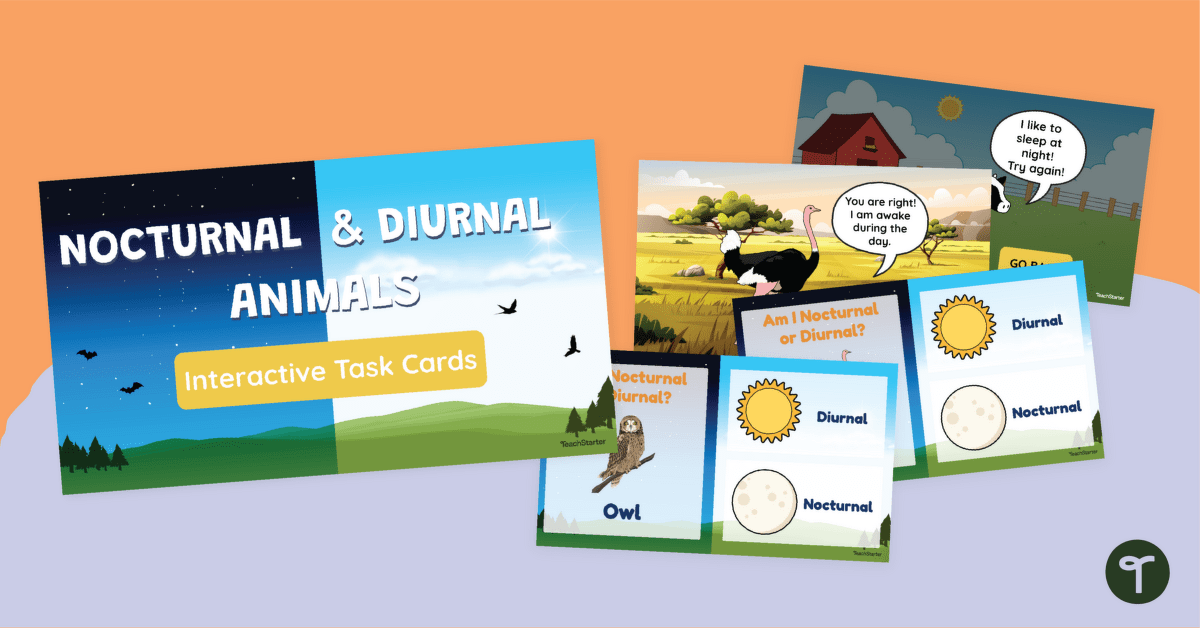

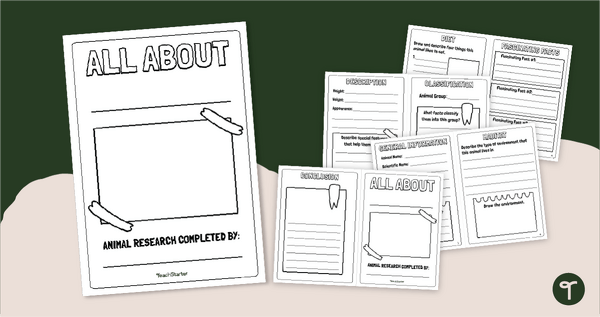
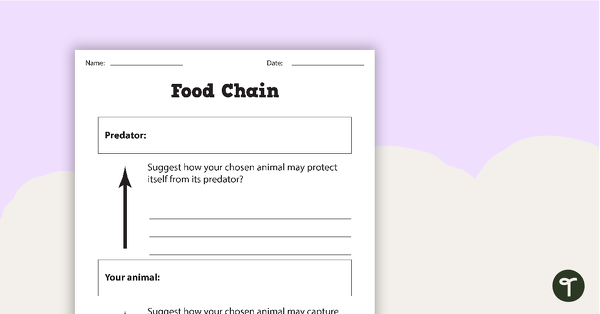
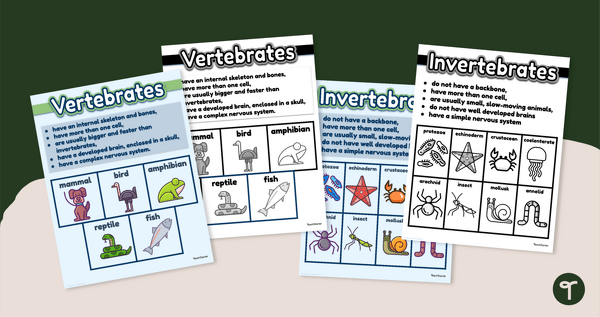
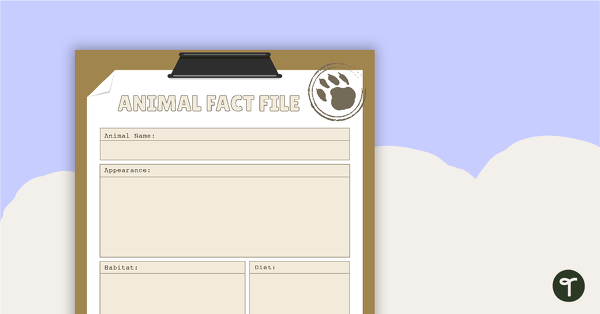
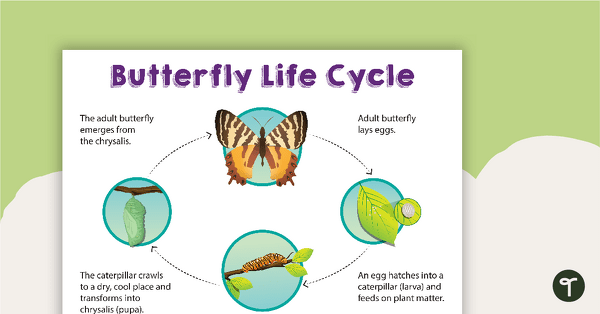
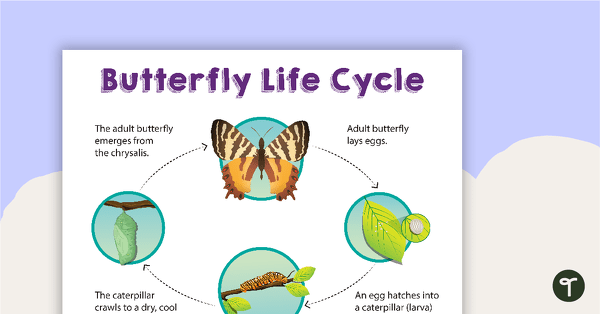
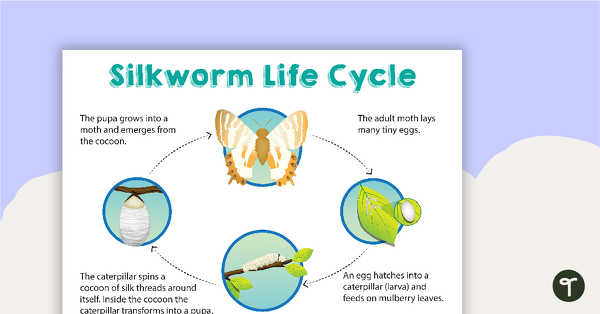
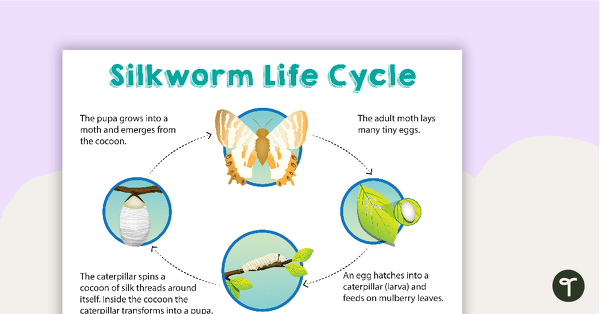
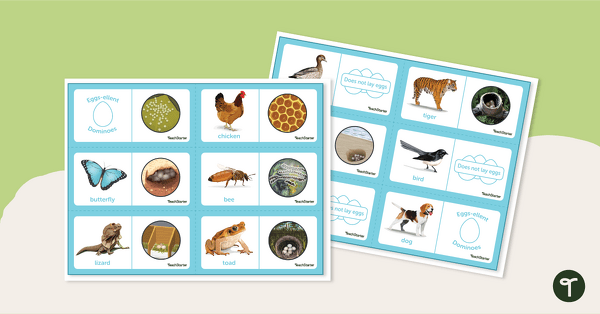
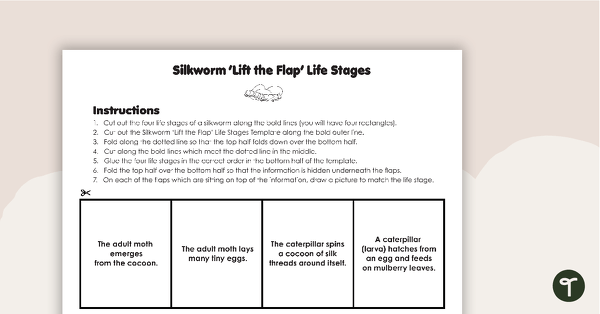
0 Comments
Write a review to help other teachers and parents like yourself. If you'd like to request a change to this resource, or report an error, select the corresponding tab above.